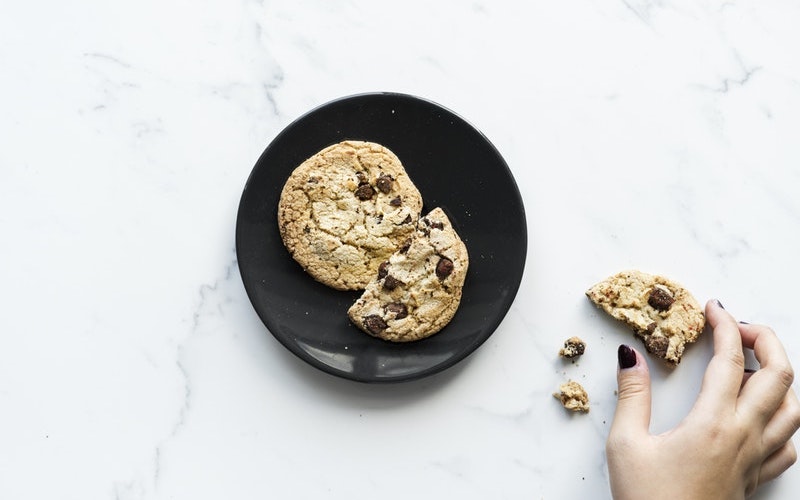Beyond the Science, How IF Can Improve Diet Adherence
Episode #4 of the course The beginner’s guide to intermittent fasting by Theo Brenner-Roach
Having looked at the science and benefits behind the practice of IF, I now want to go beyond the science to show you how else fasting can help you.
Keep in mind as you read this that I don’t think IF is a cure-all magic bullet or necessarily the most effective dietary method for everyone.
However, I do think it offers two huge benefits that other diets don’t, and it’s for these reasons that I think everyone should try it:
• massive dietary freedom
• learning how to delay gratification
Dietary Freedom
For me, the biggest benefit of intermittent fasting is the dietary freedom it gives you to eat larger meals later in the day without going over your calorie allowance.
This has several upsides:
• It’s easier to plan and prepare meals, particularly if you currently eat three-plus meals a day.
• You have greater satiety from meals, as you’re eating a bigger lunch and dinner daily.
• You have more freedom to enjoy social occasions, birthday parties, and eating out without worrying
• By not eating breakfast, you save anywhere from 300 calories to 1,000 calories, depending on what you normally eat and drink.
This means you can use these calories later in the day to include the foods you like in your diet or go out for your friend’s birthday and eat pizza and have a few beers without worrying about it.
IF makes having and maintaining a social life and a lean physique infinitely easier.
Not only that, but you’ll also be less likely to snack (and mess up your diet), as you’ll be eating bigger meals at lunch and dinner, which will keep you fuller for longer and remove the temptation to snack.
Additionally, once you adjust to not eating breakfast in the morning, you’ll free up time and calories for other things, which means you can get up and get on with your day.
Delaying Gratification
To understand the benefits of being able to delay gratification, we need to look a study dubbed the “marshmallow study,” conducted by Walter Mischel, PhD, over 40 years ago.
In this famous study, Walter and his colleagues sat a preschooler at a desk in an otherwise unfurnished room.
In front of the child, he would place two marshmallows and a bell.
He then told the child he had to leave, and they could do one of two things:
1. Ring the bell and eat only one marshmallow.
2. Wait until he returned and eat both marshmallows.
Walter and his colleagues found what you would expect: Many the children immediately ate the marshmallow once he had left the room, with a smaller number of children waiting until he returned to eat both.
He called the children that waited, “high-delay” children, and fascinatingly, he found that these children “were more likely to score higher on the SAT, and their parents were more likely to rate them as having a greater ability to plan, handle stress, respond to reason, exhibit self-control in frustrating situations and concentrate without becoming distracted.” [1]
In other words, the ability to delay gratification translates to:
• a higher level of self-control, i.e., being able to resist snacking when bored
• better ability to handle stress, i.e., reduce the chances of stress eating
• greater ability to plan, i.e., more likely to meal prep and plan ahead for possible obstacles to your success
The benefits of delayed gratification taught through regular fasting can also been seen in anecdotal evidence [2], which shows that by teaching yourself to delay gratification by regular fasting, you can become less reliant on instant gratification, become less prone to binge eating, and generally give greater thought to what you eat.
Personally, I’ve found that I’m less impulsive when it comes to food, more comfortable with feelings of hunger, and generally more disciplined when it comes to snacking or when I’m in high-temptation/high-pressure environments.
It’s a win-win, really.
In tomorrow’s lesson, we’ll explore the relationship between IF and working out—what effect, if any, it has on your performance in the gym, ability to build and preserve muscle, and of course, lose fat.
I’ll see you there.
Recommended book
References
[2] Reddit: Delayed Gratification
Share with friends

